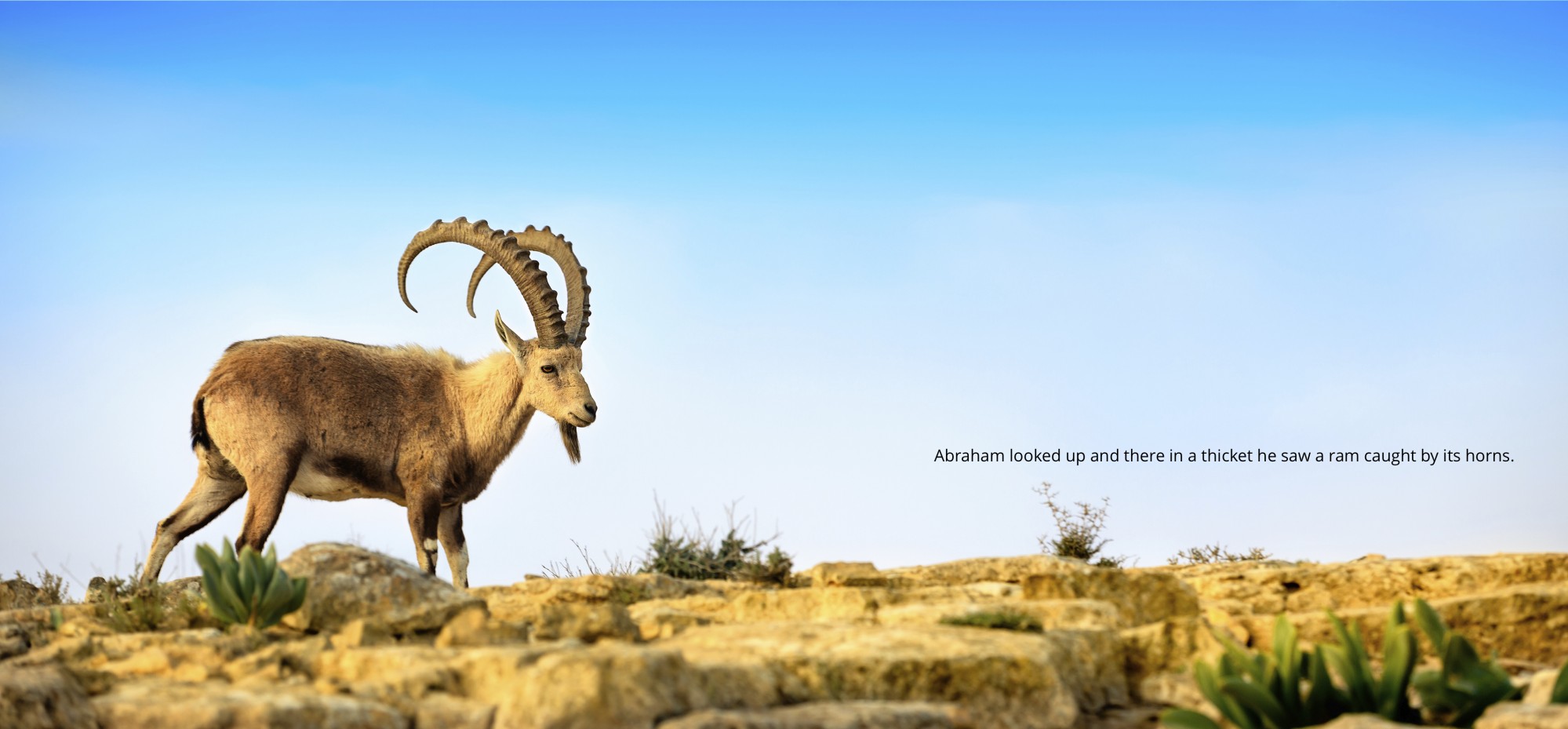I strive to create immersive learning experiences that foster deep understanding and critical engagement with religious studies, preparing students not just for academic success but also for thoughtful engagement with the dilemmas and moral challenges they face in the world. My teaching philosophy is grounded in the belief that classrooms should be inclusive, safe spaces where students from diverse backgrounds can engage openly and critically with complex subjects.
Ultimately, my approach to teaching is not only about imparting knowledge but about cultivating a space where students are supported holistically—academically, emotionally, and socially. Through this work, I strive to create a learning environment that transcends the violence and inequality of the world outside.
I am acutely aware of the hidden curriculum—the unwritten expectations and norms that can shape student experiences, often to the disadvantage of first-generation and marginalized students. I am committed to addressing this by fostering transparency in my teaching and providing clear guidance on expectations and evaluation criteria. I explicitly outline learning outcomes and provide detailed feedback on assignments to ensure all students have the tools they need to succeed. By promoting open dialogue and setting clear expectations, I aim to create an equitable and inclusive classroom where all students feel supported in their academic journeys.
